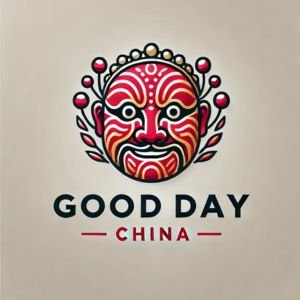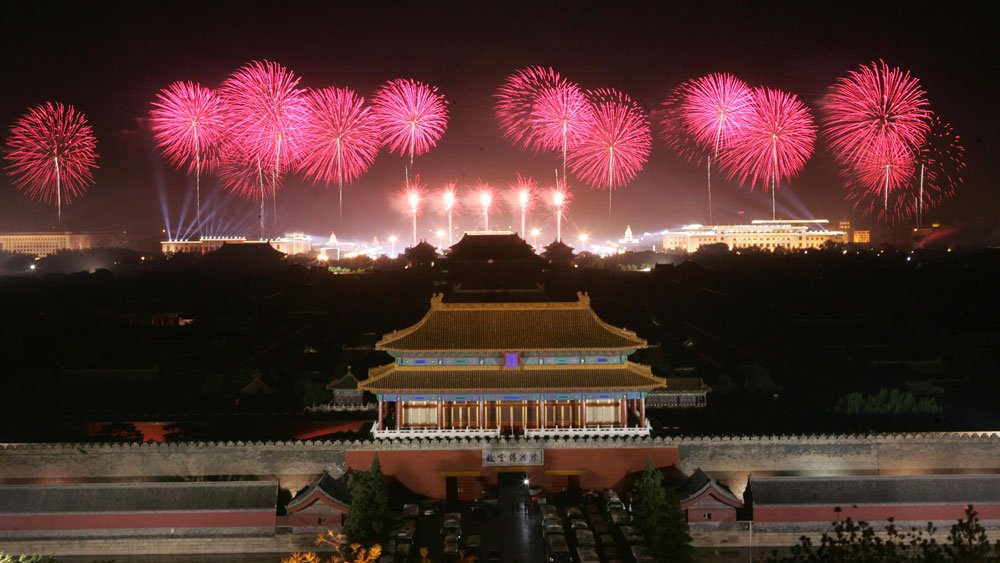Table of Contents
ToggleWhen planning a trip to Beijing, understanding its public holidays and festivals is essential for a smooth and memorable experience. From traditional celebrations like the Spring Festival to modern national holidays, each event reflects the vibrant culture of this historic city. In this guide, we’ll explore what is a holiday in Beijing, how they are celebrated, and how to plan your visit during these festive periods.
📌 Understanding Public Holidays in Beijing
Public holidays in Beijing are an important part of Chinese culture and history. They include both traditional festivals and official holidays set by the State Council. Whether it’s a week-long holiday or a single working day, these holidays offer unique opportunities to experience Beijing’s culture.
Key categories of Beijing’s public holidays:
- Traditional Holidays: These include the Chinese New Year, Qingming Festival (Tomb Sweeping Day), Dragon Boat Festival, and Mid-Autumn Festival.
- National Holidays: Such as Labor Day Holiday and National Day Holidays.
- Special Commemorative Days: Observed for specific purposes like unity or remembrance.
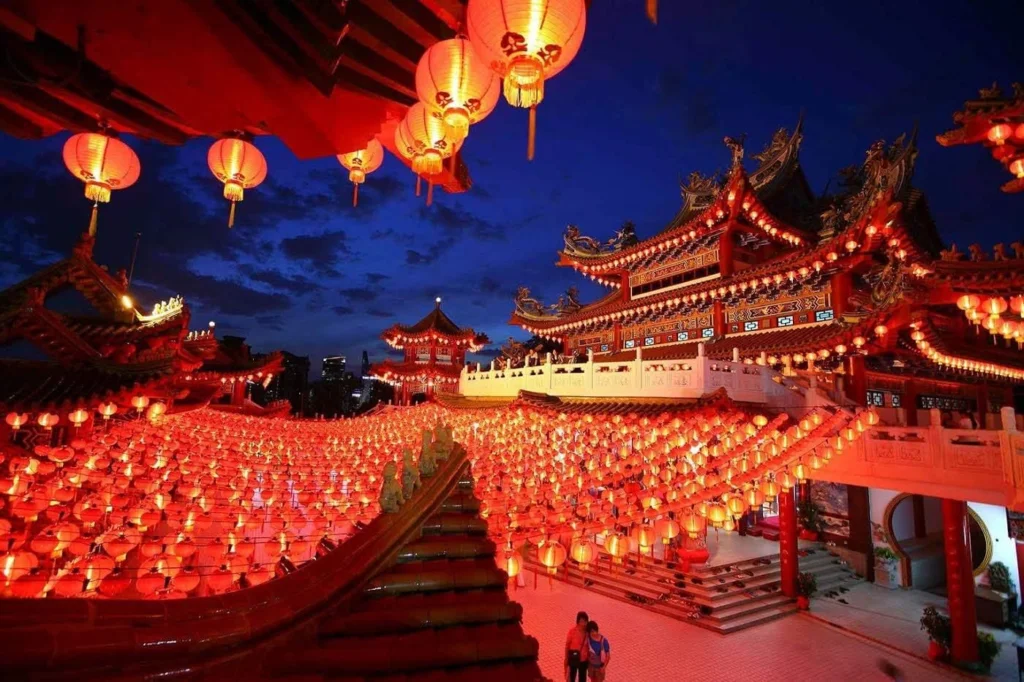
📌 Beijing’s Public Holiday Calendar
The public holiday calendar in China, including Beijing, is officially released by the State Council each year. It typically includes seven major holidays, many of which are week-long holidays known as Golden Weeks.
Key dates to note:
- Spring Festival Holiday: Typically in late January or early February.
- Qingming Festival (Tomb Sweeping Day): Around April 4th or 5th.
- Labor Day Holiday: May 1st.
- Dragon Boat Festival: Varies by the lunar calendar, usually in June.
- Mid-Autumn Festival: Falls in September or October.
- National Day Holidays: October 1st to 7th.
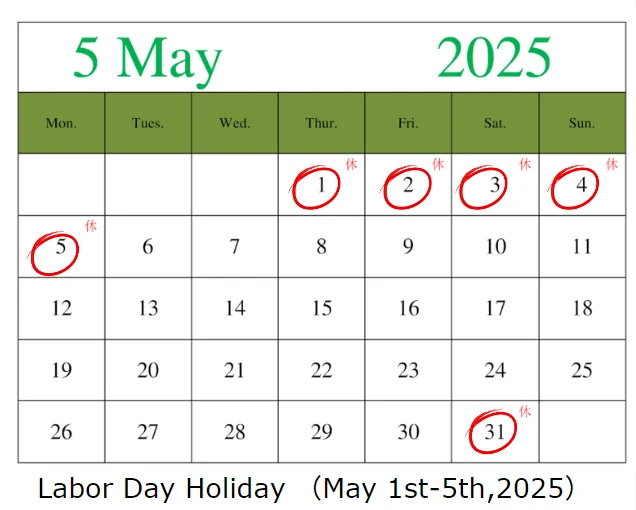
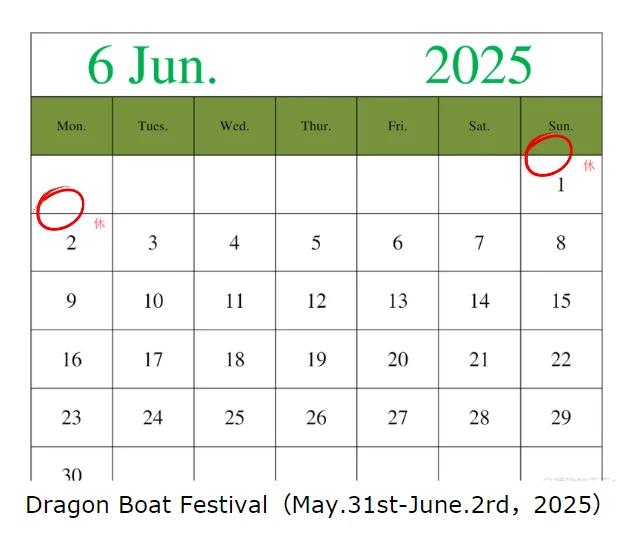
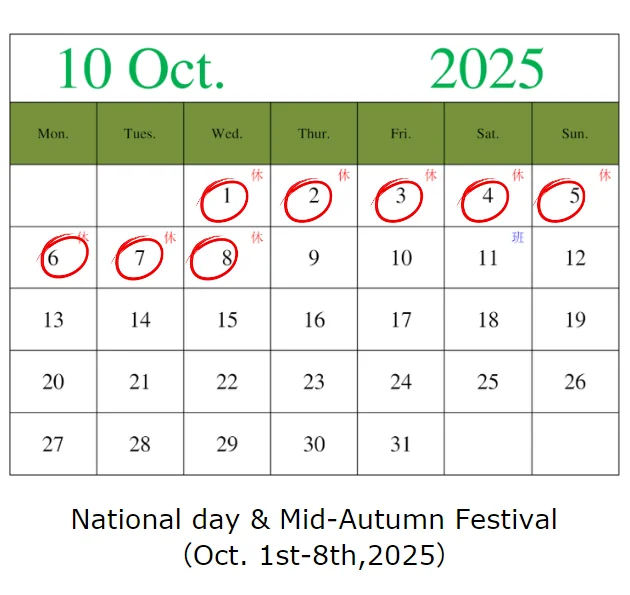
📌Popular Festivals in Beijing
Chinese New Year (Spring Festival)
The most important holiday in Beijing, marked by family reunions, red lanterns, and fireworks. Visitors can enjoy temple fairs and traditional performances across the city.
Qingming Festival (Tomb Sweeping Day)
This day is dedicated to honoring ancestors. Locals visit cemeteries and enjoy outdoor activities like flying kites. It’s also a great time to explore Beijing’s parks.
Dragon Boat Festival
Famous for its dragon boat races and zongzi (sticky rice dumplings), this festival is a vibrant event celebrated across Beijing.
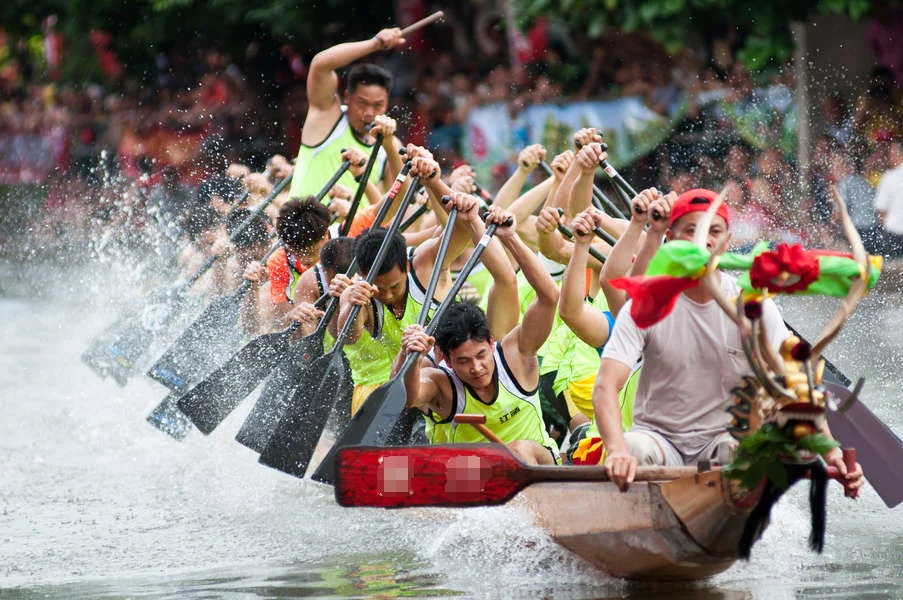
Mid-Autumn Festival
Known for family reunions and mooncakes, this festival celebrates the harvest and is best experienced in Beijing’s historic hutongs or scenic parks.
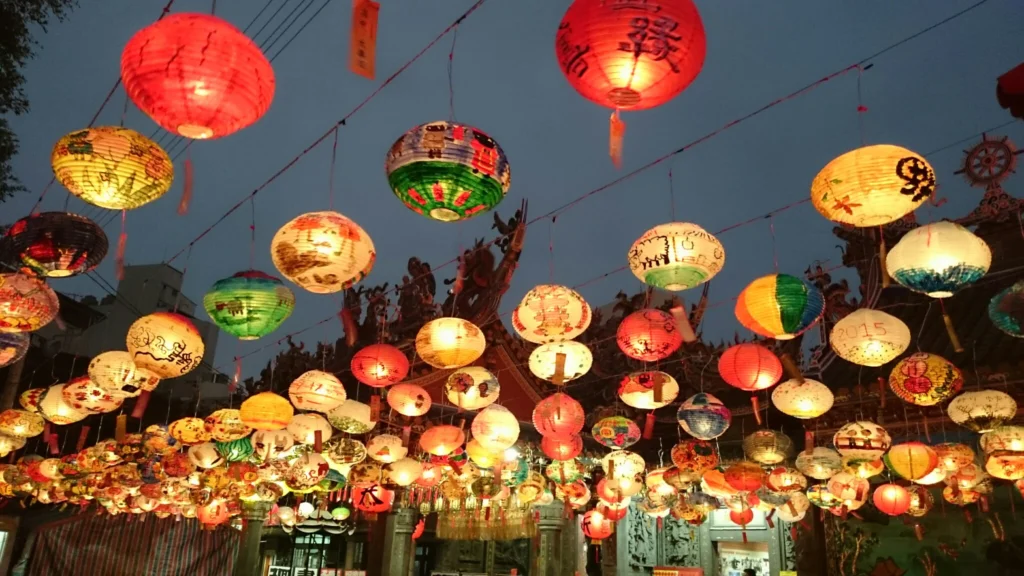
📌National Holiday-How National Holidays Impact Travel
Beijing’s National Day Holidays and Labor Day Holiday are peak travel times. Major attractions like the Forbidden City and Great Wall see a surge in visitors, and transportation systems like the Airport Express and Beijing South Railway Station are extremely busy.
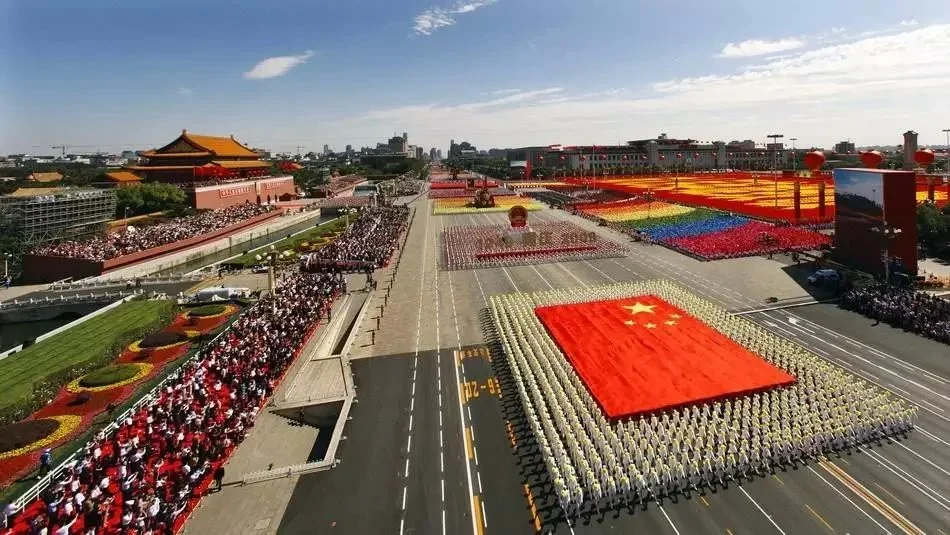
Travel Tips During Holidays:
- Book Early: Reserve tickets for trains, buses, and hotels in advance.
- Visit Lesser-Known Attractions: Explore off-the-beaten-path spots to avoid crowds.
- Check Timetables: Use updated public holiday calendars for working days and off days.
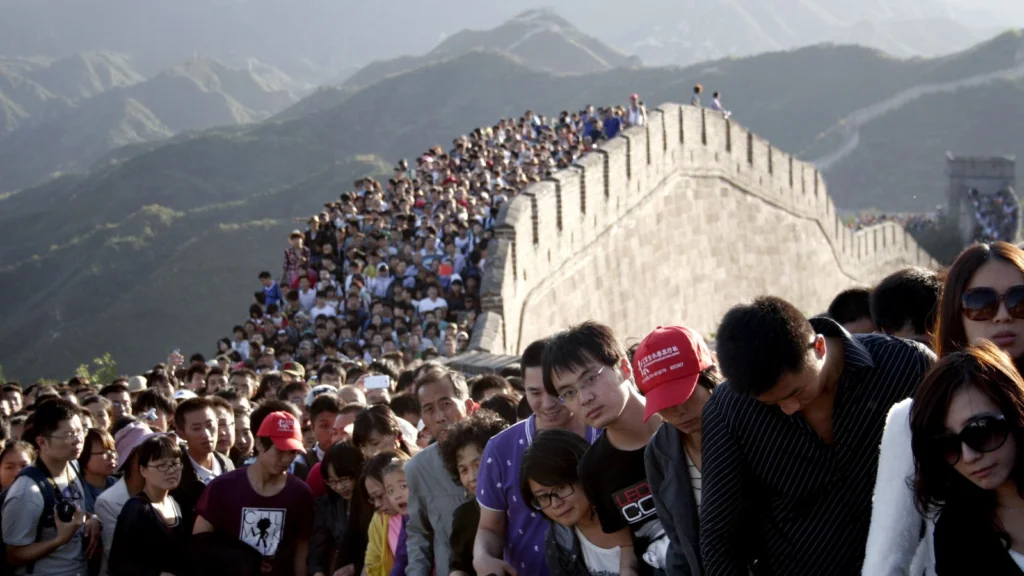
📌 Celebrating Beijing’s Unique Festivals
Beijing’s festivals provide a deeper connection to Chinese culture. From traditional performances to modern parades, each event offers something unique. Visitors can:
- Participate in temple fairs during Spring Festival.
- Watch dragon boat races during the Dragon Boat Festival.
- Enjoy light displays during the Mid-Autumn Festival.
📌 Lesser-Known Holidays in Beijing
While official public holidays dominate the calendar, Beijing also celebrates unique local events:
- Beijing International Film Festival: A modern cultural celebration.
- Laba Festival: A Buddhist festival celebrated in local temples.
📌 Practical Tips for Travelers
- Use Public Transport: Beijing’s metro and buses are the best way to navigate the city during busy holidays.
- Plan Around Crowds: Avoid visiting major attractions on the first and last days of week-long holidays.
- Download Apps: Use apps like Rome2Rio or check https://www.rome2rio.com/ for real-time travel updates.
Beijing’s public holidays and festivals are a fascinating blend of tradition and modernity. By understanding what is a holiday in Beijing, visitors can plan a trip that aligns with the city’s cultural highlights and avoid common travel pitfalls. Whether you’re visiting during the Spring Festival Holiday or the National Day Holidays, Beijing’s rich culture and vibrant celebrations are sure to leave a lasting impression.
Have you experienced any of Beijing’s holidays? Share your favorite festival memories in the comments below!
FAQ

📌How are public holidays in Beijing different from other Chinese cities?
While Beijing shares the same public holidays as the rest of China, such as Qingming Festival and Dragon Boat Festival, the celebrations in Beijing often feature unique cultural activities. For example:
- Temple fairs during the Spring Festival are more elaborate in Beijing.
- Iconic locations like Tiananmen Square and the Forbidden City host special events during National Day Holidays
.
📌What are the best places to visit in Beijing during public holidays?
During public holidays, some of the best places to visit in Beijing include:
- Temple of Heaven: Ideal for experiencing traditional activities during the Spring Festival Holiday.
- Beijing parks: Such as Beihai Park during the Mid-Autumn Festival.
- Great Wall of China: Best visited during less crowded days of the holiday. Travelers are encouraged to plan ahead to avoid peak crowds during Golden Weeks.
📌What are the most unique festivals celebrated in Beijing?
Some of the most unique festivals celebrated in Beijing include:
- Laba Festival: A Buddhist festival marking the start of Chinese New Year preparations.
- Spring Festival Temple Fairs: Featuring traditional performances, handicrafts, and street food.
- Mid-Autumn Festival: Known for mooncake feasts and evening gatherings in Beijing’s historic parks.
📌How can I avoid crowds during Beijing’s public holidays?
To avoid crowds during Beijing’s public holidays:
- Visit lesser-known attractions, such as the 798 Art District or Shichahai Lake.
- Plan your trip on days closer to the end of the holiday period, as crowds tend to peak in the beginning.
- Explore rural areas or nearby destinations like the Ming Tombs for a quieter experience.
